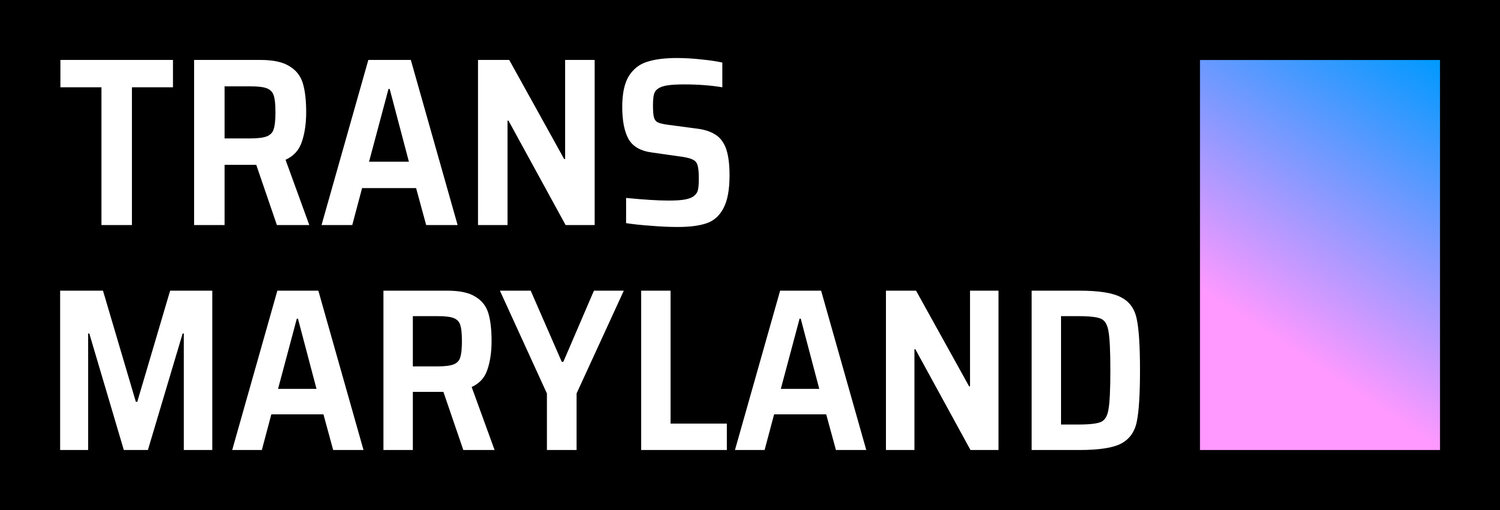What is Informed Consent GAHT
And Why Do We Support It?
What is Informed Consent?
“Informed consent is a process in which a health care provider educates a patient about the risks, benefits, and alternatives of a given procedure or intervention. The patient must be competent to make a voluntary decision about whether to undergo the said procedure.”¹
““Informed consent is both an ethical and legal obligation of medical practitioners in the US and originates from the patient’s right to direct what happens to [their] body.”¹”
Simply put, informed consent is when a medical professional tells you how the medicine works, and you agree to accept whatever reasonable risks exist. This model is used for medical procedures of all kinds, from hormonal birth control, to HIV tests, to flu shots, to surgeries, to chemotherapy.
Why Informed Consent GAHT?
The risks of gender affirming hormone replacement therapy (GAHT) for trans folks are comparable (or less severe) than those of many other medical treatments that we can access through informed consent. Surgeries and even hormonal birth control can have side effects as severe as death, but we are able to access them with relative ease.
For many years, however, the standard model of care for GAHT has been to require trans folks to see mental health professionals, who “diagnose” us. Only after a mental health professional, like a therapist or psychiatrist, gives us the O.K. (and writes a letter stating that) are we able to access GAHT. We believe this is unnecessary, paternalistic, and harmful for a variety of reasons.
Thankfully, many providers are switching over to an informed consent model! So why do we believe that all GAH providers should switch?
The Arguments for Informed Consent GAHT
““Witnessing the transformation of my patients’ lives after being recognized for who they are is one of the most rewarding aspects of my job. I am acutely aware of the vulnerability it requires to disclose their identity to me, and I feel privileged to be a partner in their journey. I hope that other providers take the challenge to familiarize themselves with the informed consent model to expand their patients’ access to gender affirming care.” ~ Jill A. Crank, C.R.N.P., M.S.N./M.P.H. ”
We believe that generally speaking, people should be able to access the care they want and need with as few hurdles as possible. If hormonal birth control or HIV tests are important to you, you should be able to access them. Hormonal birth control, involving risks that include possibility of death, is available via informed consent by a majority of providers who prescribe it, so we believe GAT should share that same level of access. This is in line with the conclusions of leaders in trans healthcare such as: Whitman-Walker, Callen-Lorde, Fenway Health, University of California-San Francisco and more. We support bodily autonomy.
On the other hand, when barriers to care exist, people are harmed.
Increased risk of mistreatment
Increased risk of incompetent treatment
Increased cost
Increased time
Increased anxiety
Increased inconvenience (taking time off work etc.)
¹Gossman, Thornton, Hipskind 2019 https://www.ncbi.nlm.nih.gov/books/NBK430827/
Ashley LL.M. 2019 https://www.florenceashley.com/uploads/1/2/4/4/124439164/jme_gatekeeping_and_hormone_replacement_therapy_revised_online.pdf
Crank, Jill A. 2021
